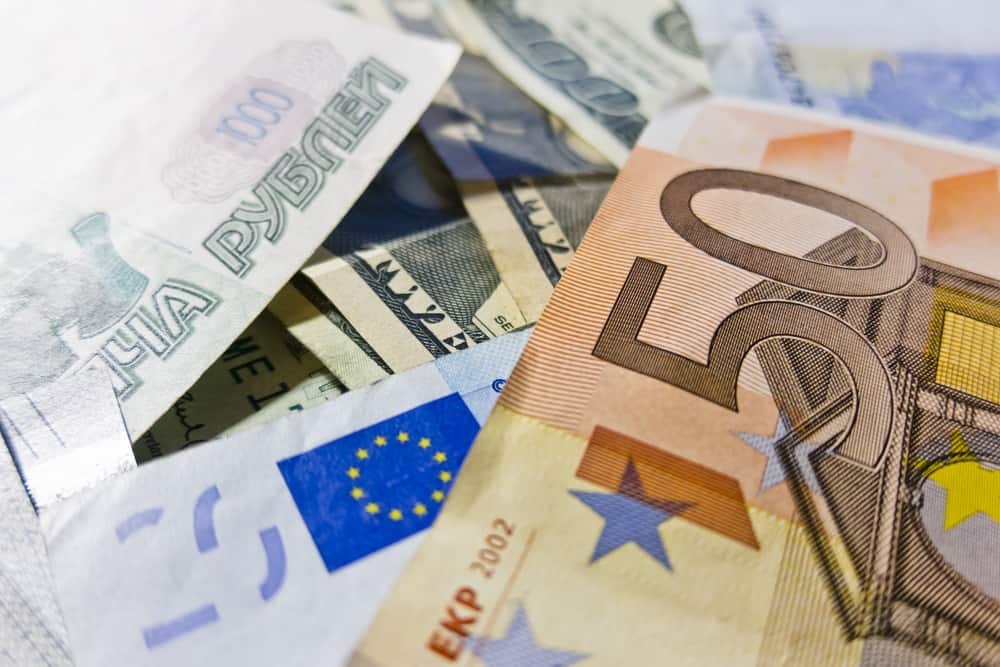In international sales transactions, payment is a complex topic. In almost all cases, it is impossible to match delivery time of goods with payment.
For these reasons, it becomes essential to agree with a foreign buyer on payment methods, with all the details. The choice of payment method should account for the fact that each form of payment has a different level of security and different costs associated with it. Even though you may think it’s easy to choose the form of payment with the highest level of security, in practice, it is almost never possible.
The various forms of payment have one thing in common: security level = DIFFERENT costs.
It is rare for an exporter to get an upfront payment except for e-commerce sales. In online sales, prepayment is the only form of payment that is universally accepted. The choice of the international payment method must always take into consideration the risks associated with any international transaction. The risks to be evaluated are:
- Country risk (also known as political risk): The risk of non-payment due to critical situations (political, financial, social, etc.) in the importer’s country. Country risk is monitored by international rating agencies and very rarely takes the well-informed exporter/importer by surprise. A greater guarantee of payment will have to correspond to greater risk.
- Commercial risk: The risk of non-payment due to the insolvency of the importer/exporter. This is the same kind of risk present in every transaction, even in the internal market.
- Exchange rate risk: This risk comprises the possibility that exchange rate fluctuations will make the amount of the amount collected lower than the real value of the exported goods.
As mentioned before, with an increased level of security for an exporter/importer, there is a related increase in costs (financial and banking intermediation) and risks for the foreign customer/agent/supplier. In other words: the level of security of the seller is inversely proportional to the amount of costs and risks related to the buyer. The greater safety of the seller is paid by the buyer. Additionally, the safest payment instrument is also the least competitive.
It is a common habit to divide payments by the time in which payment is expected and received:
- Advance payments: When the foreign buyer issues payment to the seller before the delivery of the freight.
- Contextual payments: This mode eliminates any risk and delay. However, this form of payment is only possible in a few cases.
- Postponed payments: When the foreign buyer is allowed to make a payment after, or simultaneously with, the collection of the goods at their destination.




